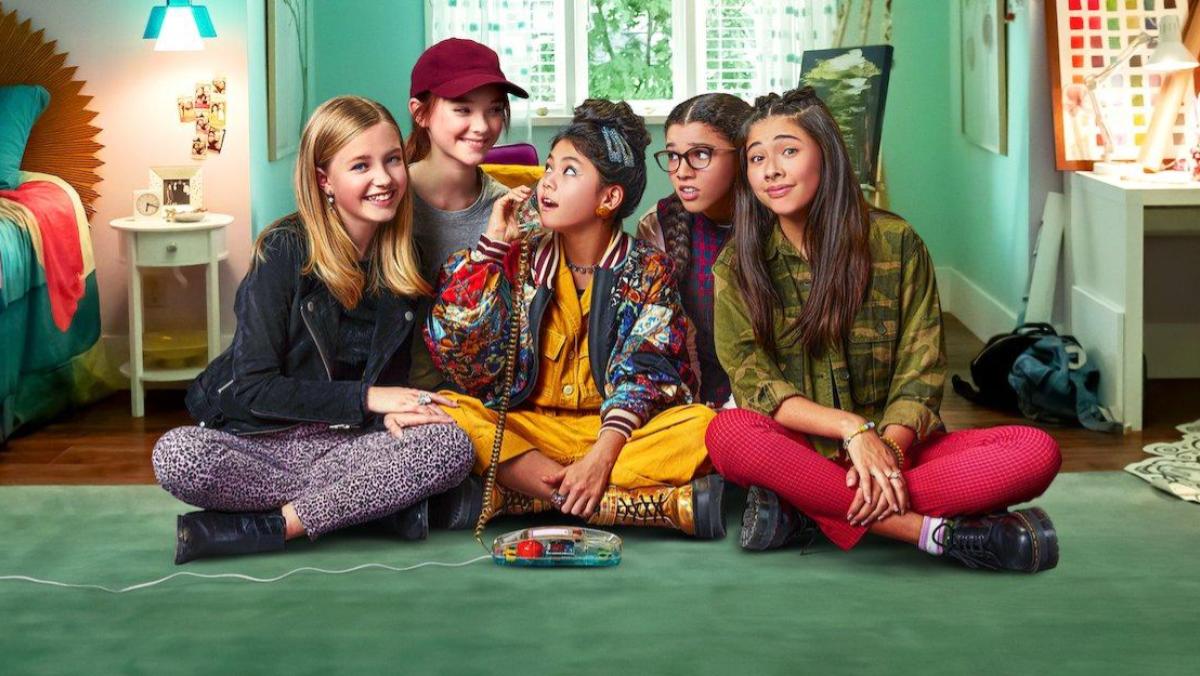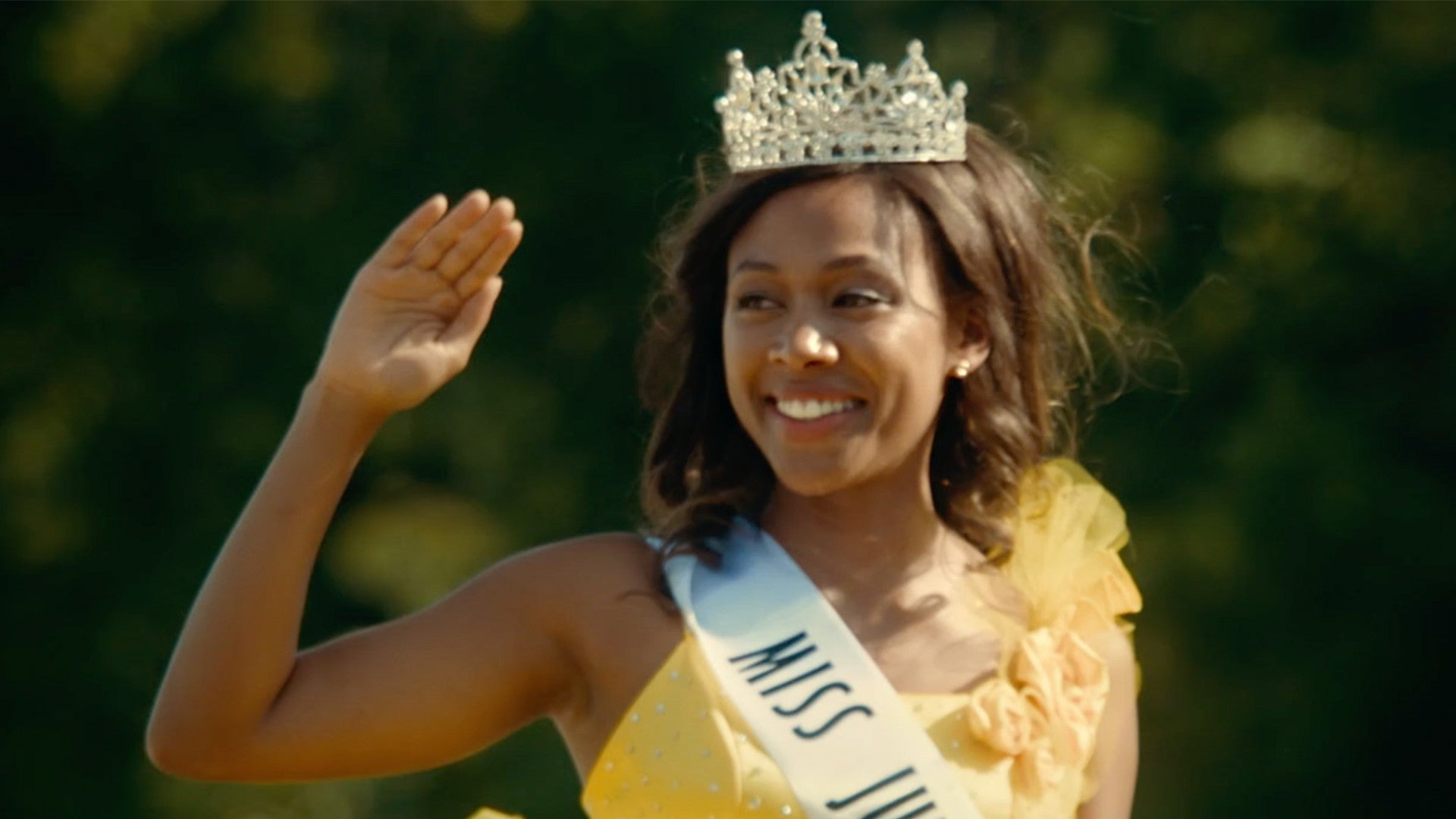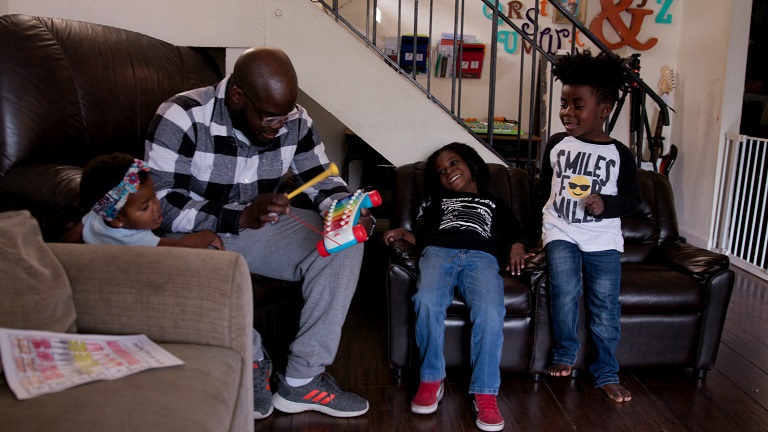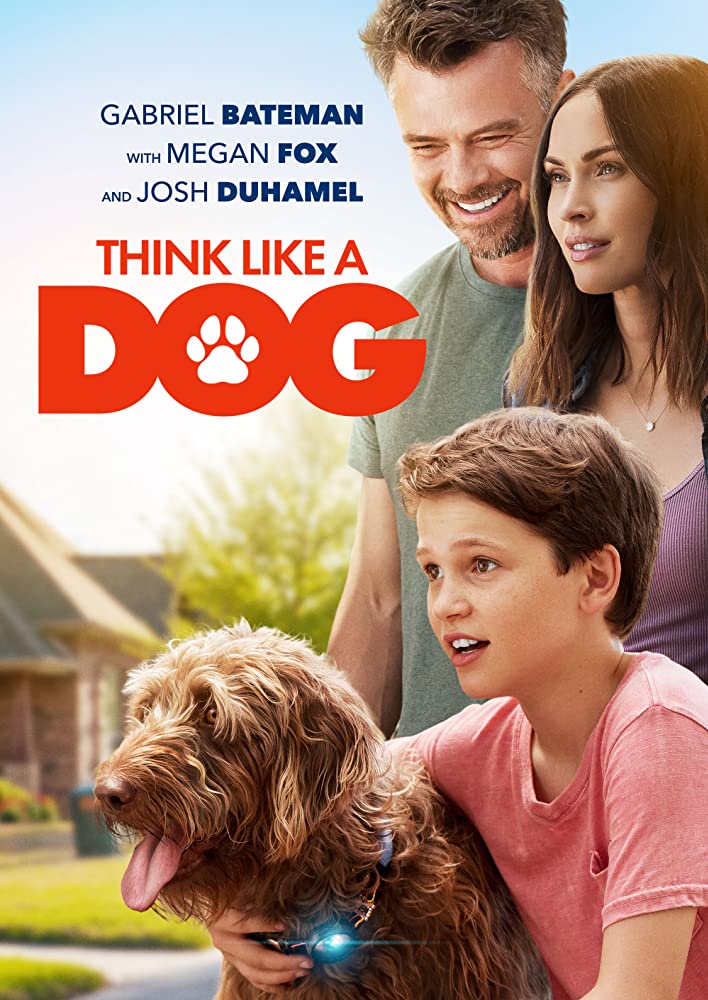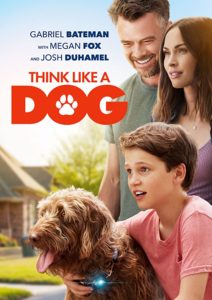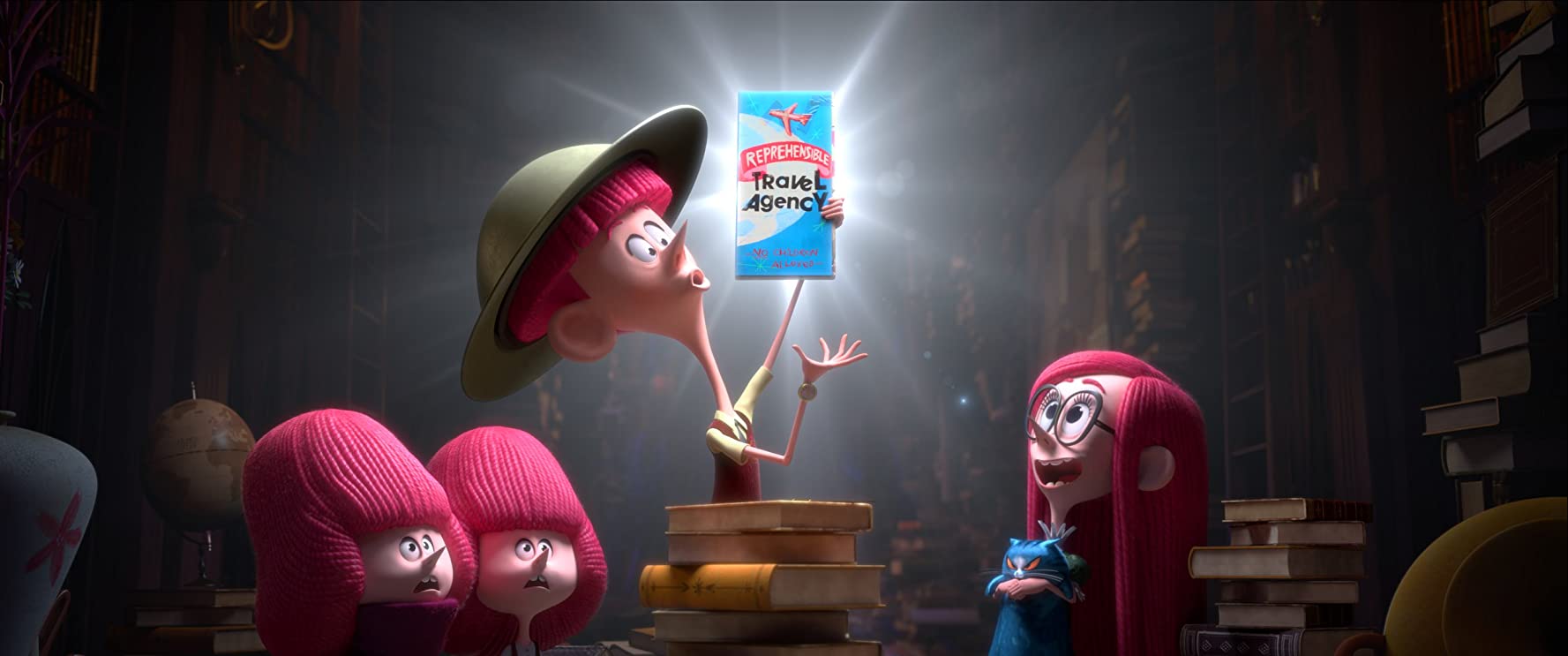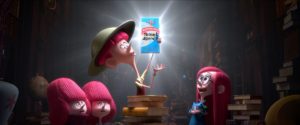The Babysitters Club
Posted on July 9, 2020 at 9:11 am
A-| Lowest Recommended Age: | 4th - 6th Grade |
| Profanity: | None |
| Alcohol/ Drugs: | None |
| Violence/ Scariness: | Various health-related issues including diabetes and stroke |
| Diversity Issues: | Diverse characters |
| Date Released to Theaters: | July 7, 2020 |

The series cleverly maintains some of the books’ beloved traditions, including the landline in the colorful bedroom of one of the girls, Claudia Kishi (adorable Momona Tamada, rocking a high-fashion look that would be a challenge for a less confident performer of any age). And no one girl controls the narrative. We see the stories from different perspectives in each chapter, narratively illuminating and a good way to spark some conversations about empathy and points of view.
7th grader Kristy (Sophie Grace) comes up with the idea for the Babysitters Club, a one-stop or one-call service that provides sitters for local families after her mother (Silverstone) complains about how hard it is to find someone. The first girls to join are her shy best friend Mary Ann (Malia Baker), who lives with her very strict father, a widower (Jackson), a new girl just arrived from New York named Stacy (Shay Rudolph), who is great at math and who is concealing her Type 1 diabetes, and Claudia, a gifted artist who struggles with schoolwork and with her demanding parents and chilly sister but is very close to her grandmother (Takayo Fischer), who loves her the way she is. Later on they are joined by another new girl, the warm-hearted, justice-seeking Dawn (Xochitl Gomez), who arrives with her newly divorced mother.
Various clashes occur about the business, both internally and externally, when some older girls start their own babysitting service to compete. And various clashes occur with parents (and sadness over parents who are not there). But the girls are always committed to finding a way through, even if that sometimes takes a little while. And it is a pleasure to see each of them learn to speak up, especially Mary Ann, who discovers that her father is more vulnerable than she thought, that she can find her voice if it is on behalf of someone else, and that theater gives her an opportunity to be her best. There are also some nifty lessons about running a business, including what to do when your success leads to competition.
It is truly a delight to see these characters brought to life with such care and understanding and I cannot wait for the next season.
Parents should know that this series addresses in an age-appropriate way issues of puberty, trans children, sexual orientation, illness and disability, parental abandonment, death of a parent, bullying, blended families, and class/economic issues.
Family discussion: Can you think of a time when you were upset about something other than what it seemed you were upset about? Who was right, Dawn or Meanie? How did the girls learn to talk about their conflicts? Which one is most like you?
If you like this, try: the 1995 movie and the books, now published as graphic novels

